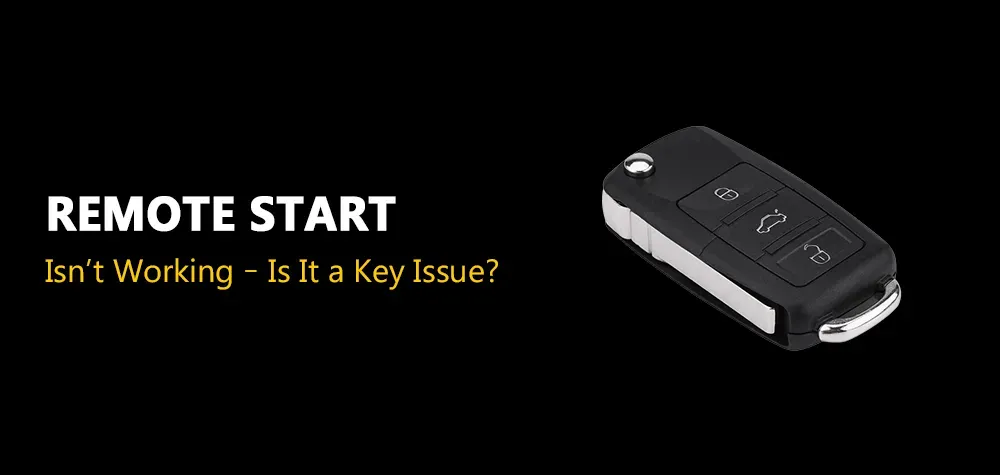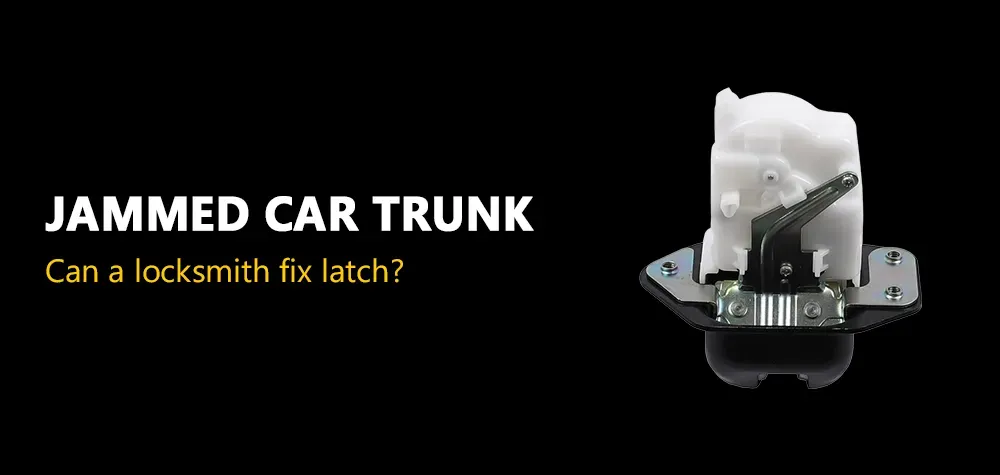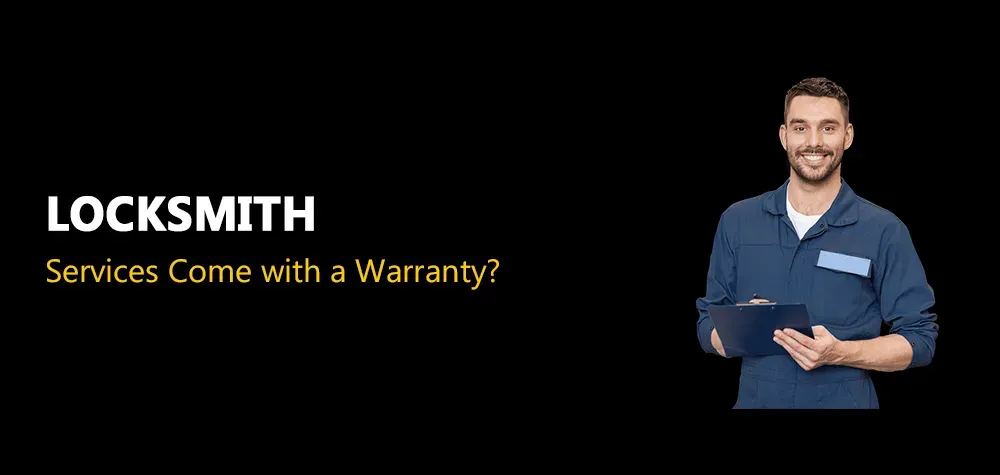The Importance of Choosing Certified Locksmiths: What to Look For
When it comes to securing your home, business, or vehicle, finding a trustworthy locksmith is crucial. Locks are your first line of defense against unwanted entry, so choosing the right professional for lock installation, repairs, or emergency services is key. Not all locksmiths are created equal, and hiring someone without the proper certifications can leave you vulnerable to poor workmanship or even fraud.
In this article, we’ll dive deep into why it's important to choose certified locksmiths, the certifications to look for, how to verify credentials, and common red flags of locksmith scams. By the end, you’ll understand why going with a certified locksmith—like the professionals at Brothers Locksmith—is the smartest choice for your security needs.
Why Certification Matters
Locksmiths work on some of the most important systems of your life: the locks that protect your home, business, and car. Hiring a certified locksmith ensures you’re getting a trained professional who adheres to industry standards and best practices.
Here’s why certification is critical:
- Professional Expertise: Certified locksmiths go through rigorous training programs and exams. They’re not just taught the basics of lock installation; they understand complex security systems, digital locks, car key programming, and more.
- Security and Safety: A locksmith without proper credentials may lack the expertise required for a safe and secure installation or repair. Poorly installed locks can leave you exposed to theft, while a certified locksmith will ensure everything is done to industry standards.
- Trustworthiness: Certified locksmiths are vetted by organizations like the Associated Locksmiths of America (ALOA). They have background checks and work to uphold a high level of trust within the community.
- Avoiding Scams: Unfortunately, locksmith scams are common. Fraudulent locksmiths will offer unusually low prices only to overcharge later or perform poor work. Certified locksmiths provide transparent pricing and are held accountable by their certifying bodies.
Certifications to Look For
When hiring a locksmith, certifications are a must. Here are some key credentials to check for:
- Associated Locksmiths of America (ALOA) Certification: This is one of the most recognized certifications in the locksmith industry. Locksmiths who hold an ALOA certification have passed exams proving their proficiency in a wide range of locksmithing tasks.
- Certified Registered Locksmith (CRL): This certification requires locksmiths to pass exams on 10 mandatory categories, including key identification, lock installation, and lock picking.
- Certified Professional Locksmith (CPL): For more advanced locksmiths, the CPL certification demonstrates a deeper level of expertise in areas like high-security locks, safes, and advanced car locks.
- Certified Master Locksmith (CML): This is the highest level of certification available and shows that a locksmith has mastered the trade.
Always ask for a locksmith’s certification number and verify it through the issuing body’s website, such as ALOA’s online directory.
Red Flags of Locksmith Scams
While there are many reputable locksmiths, the industry is also plagued with scams. Unscrupulous individuals often pose as locksmiths, offering low prices to lure in clients, only to drastically inflate costs after services are rendered. Here’s how to spot a scam:
- No Physical Address: A reputable locksmith will have a business address. Be wary of locksmiths who can’t provide a verifiable location.
- Unmarked Vehicle: Professional locksmiths typically arrive in a company-branded vehicle. If your locksmith shows up in an unmarked car with no logo, this could be a red flag.
- No Certification: Certified locksmiths are proud of their credentials. If a locksmith refuses to show certification or insists it's unnecessary, find someone else.
- Drastically Low Prices: If the quoted price is far below industry standards, the locksmith might be trying to lure you in for a bait-and-switch. The low price might inflate once they’ve arrived and assessed the situation.
- Poor Reviews or No Online Presence: A legitimate locksmith will have reviews and a solid online presence. If you can’t find any information about them, it’s a good idea to proceed with caution.
How to Verify a Locksmith’s Credentials
Before hiring a locksmith, take a few steps to verify their credentials:
- Check Certifications: Ask for proof of certification and verify it online through organizations like ALOA.
- Look for Insurance and Bonding: A reputable locksmith will carry insurance in case they cause damage during a job. They should also be bonded, which provides compensation to you in case of improper services.
- Ask for ID: When the locksmith arrives, ask for identification, including a business card and company ID badge.
- Get a Written Estimate: Avoid locksmiths who refuse to give you a written estimate before starting work. Reputable professionals will outline all costs upfront.
- Check Reviews and Recommendations: Look at customer reviews on websites like Google, Yelp, or the Better Business Bureau (BBB). Word-of-mouth recommendations are also helpful.
Situations Where You’ll Need a Certified Locksmith
A certified locksmith can help in a wide range of situations, whether you’re locked out of your home, need to upgrade your business’s security, or have a car key emergency. Here are some common scenarios:
1. Lockouts
Being locked out of your home, car, or business is a frustrating experience. A certified locksmith can quickly get you back in without damaging your property.
2. Rekeying and Lock Replacement
If you’ve lost your keys, recently moved, or had a break-in, rekeying your locks or replacing them entirely is crucial. A certified locksmith can rekey or install new locks to ensure your property is secure.
3. Automotive Locksmith Services
Modern vehicles come with advanced security systems, and a certified car locksmith will be able to handle car key replacements, lockouts, and transponder key programming.
4. Commercial Lock Services
For businesses, a locksmith can install high-security locks, keyless entry systems, and master key systems. Certified locksmiths are trained to handle the complex security needs of commercial properties.
Why Choose Brothers Locksmith?
At Brothers Locksmith, we are proud to offer certified locksmith services that you can trust. Whether you need help with a lockout, key replacement, or full security system installation, our team is trained, certified, and ready to assist you.
Here’s why our customers choose us:
- ALOA Certified: All of our locksmiths are certified by the Associated Locksmiths of America, ensuring top-tier service.
- 24/7 Emergency Services: Lockouts and emergencies don’t wait for business hours, and neither do we. Our team is available day and night to help you.
- Transparent Pricing: We provide upfront pricing with no hidden fees, so you know what to expect before we begin work.
- Locally Trusted: With hundreds of positive reviews from satisfied clients, we are known for our professionalism and reliability.
Conclusion
When it comes to your security, don’t take chances—always choose a certified locksmith. Whether you need help with your home, car, or business, a certified professional ensures quality, security, and peace of mind. At Brothers Locksmith, we’re proud to offer top-notch locksmith services that you can rely on.
Need a certified locksmith? Call us at (888) 947-5585 for 24/7 service today!
Call Us Any Time!




